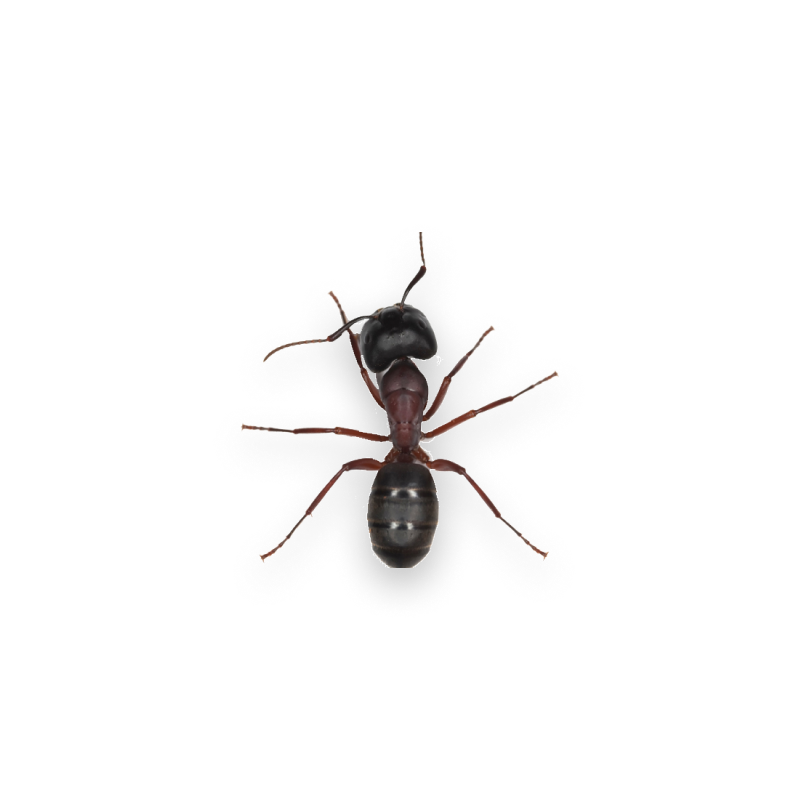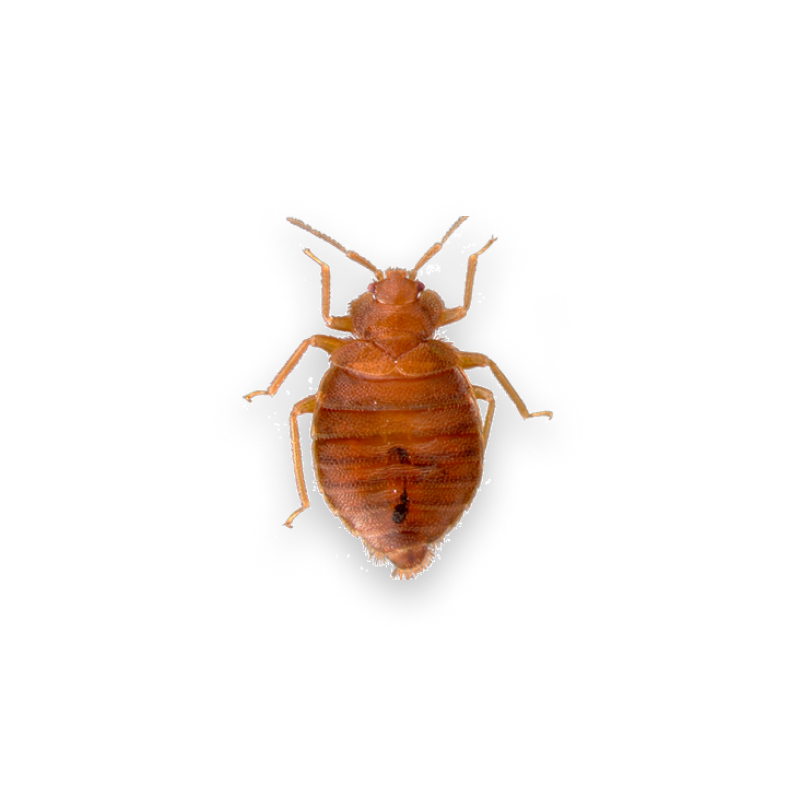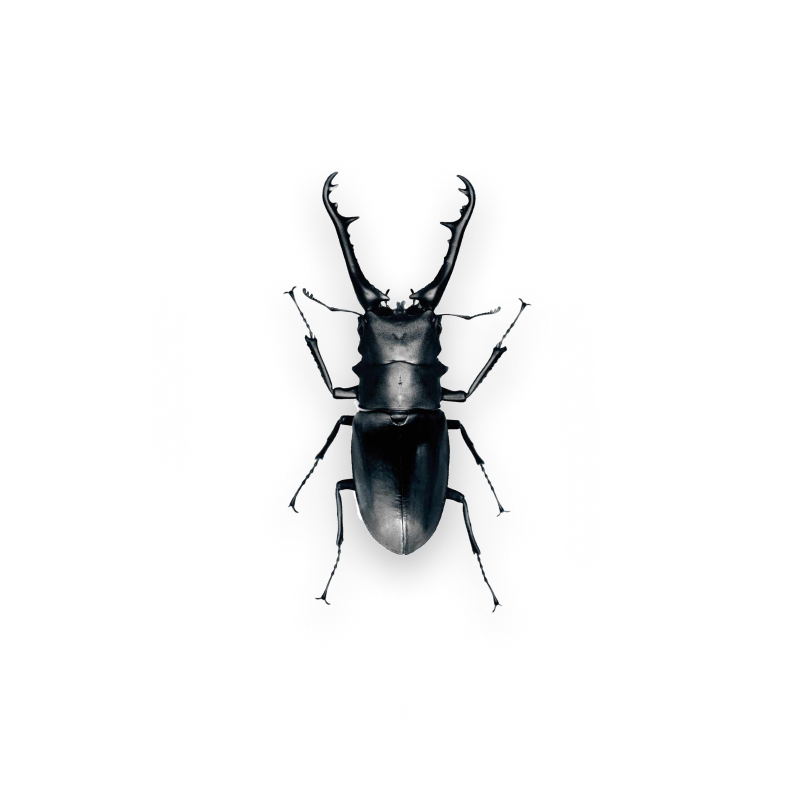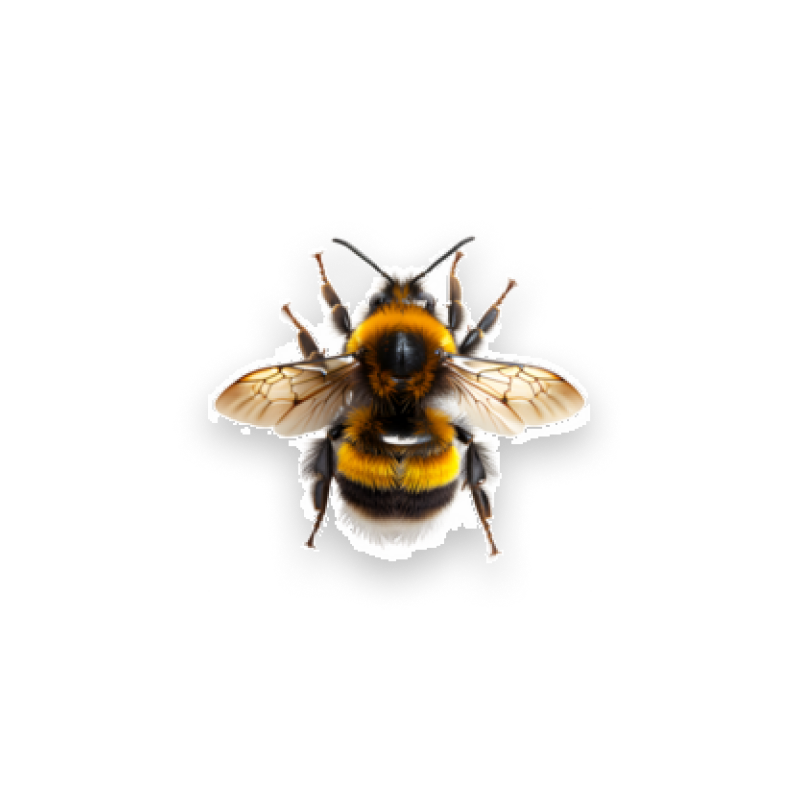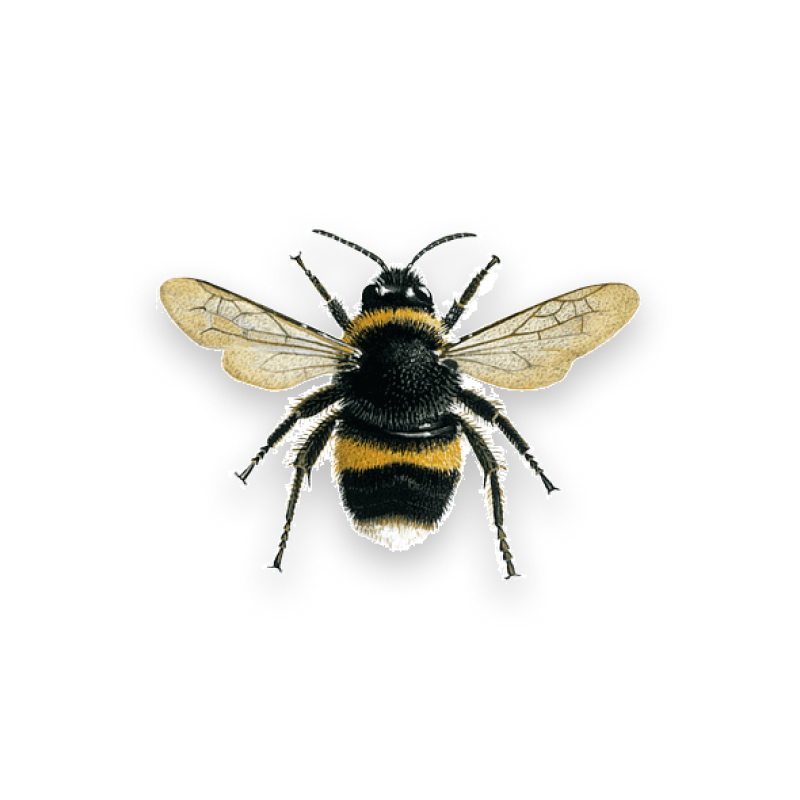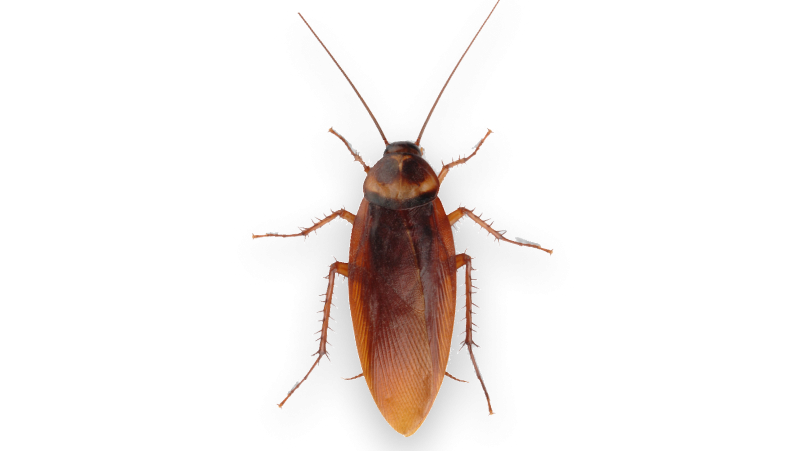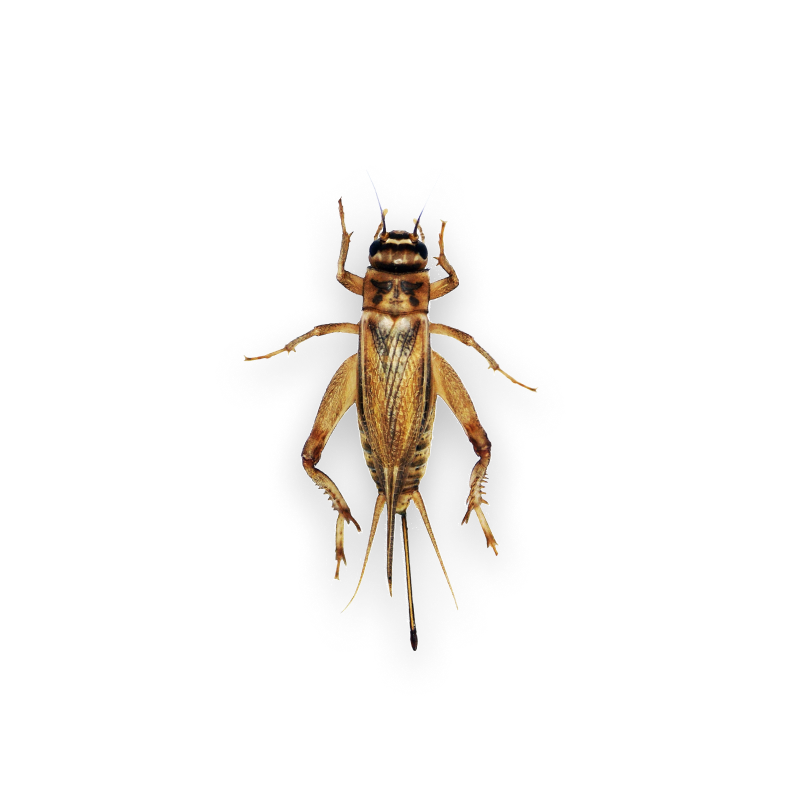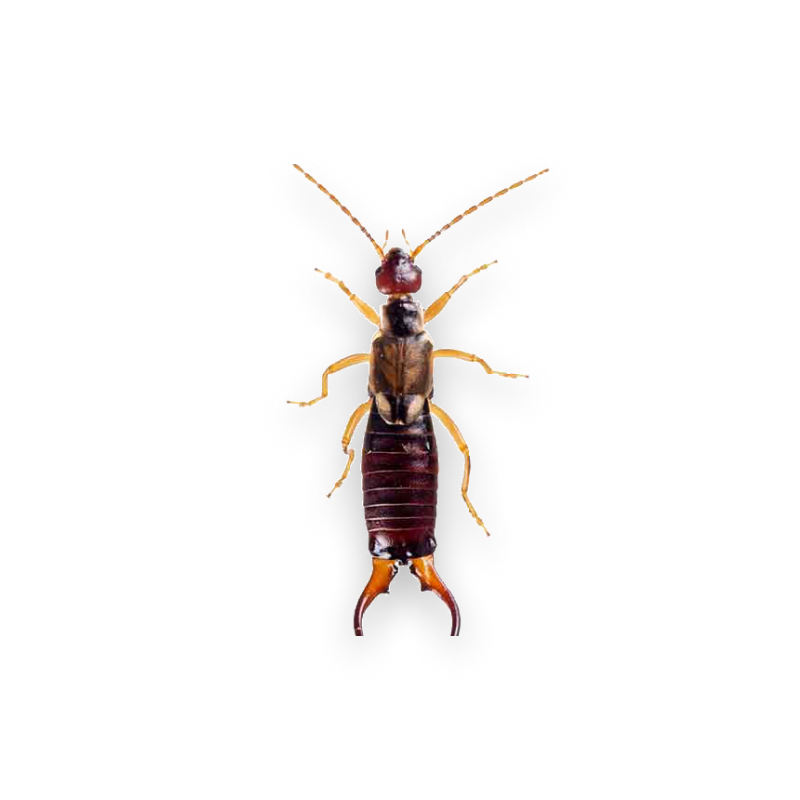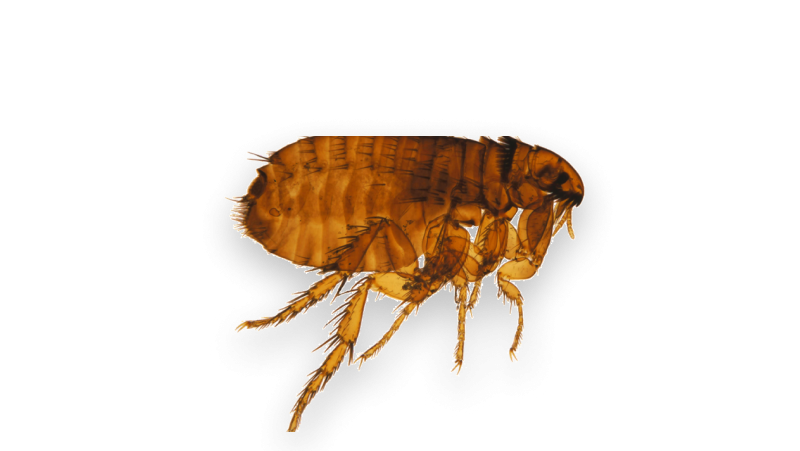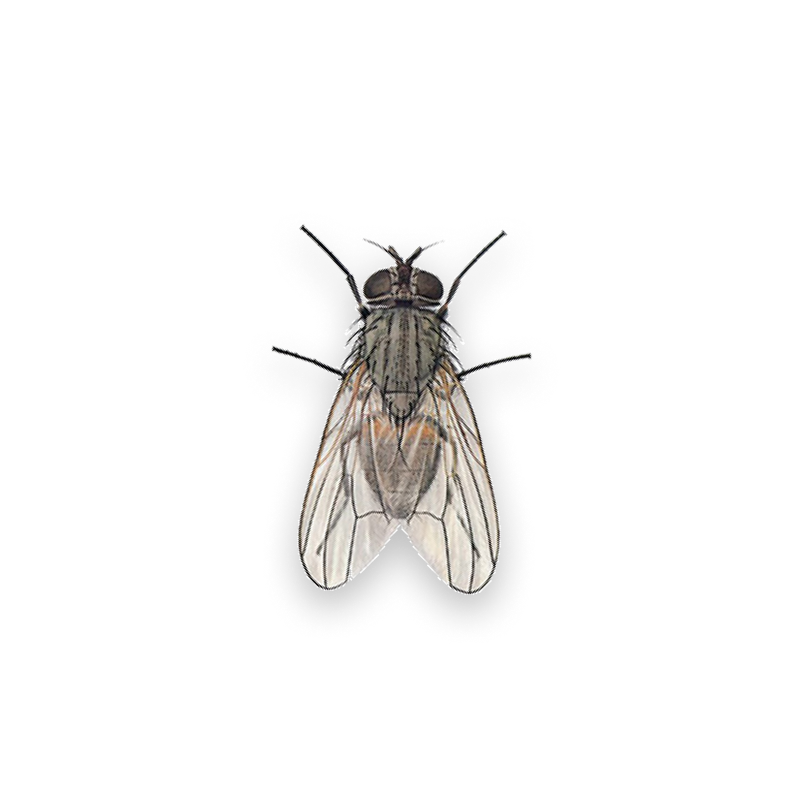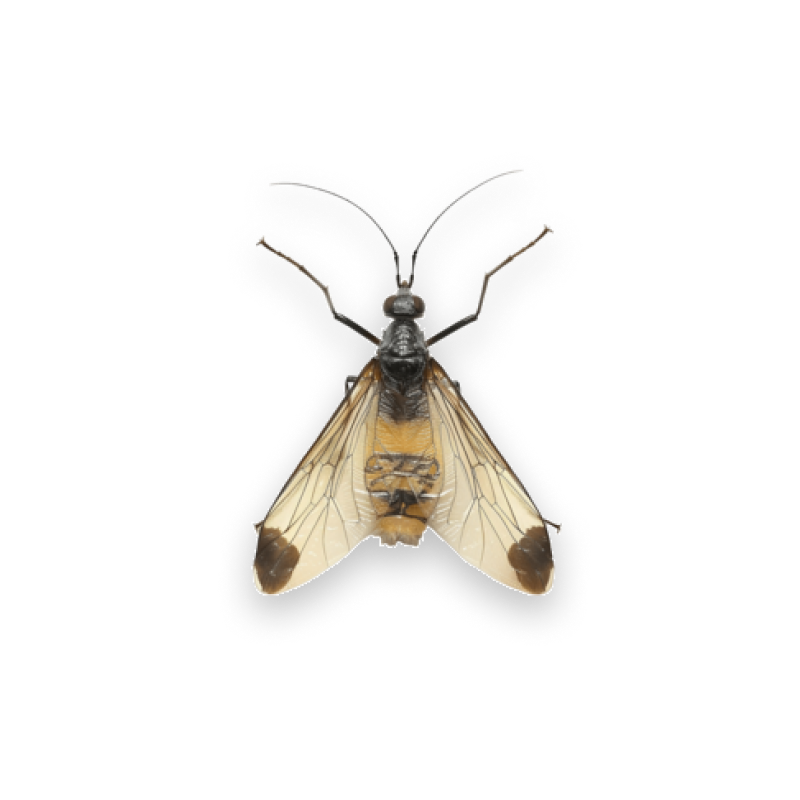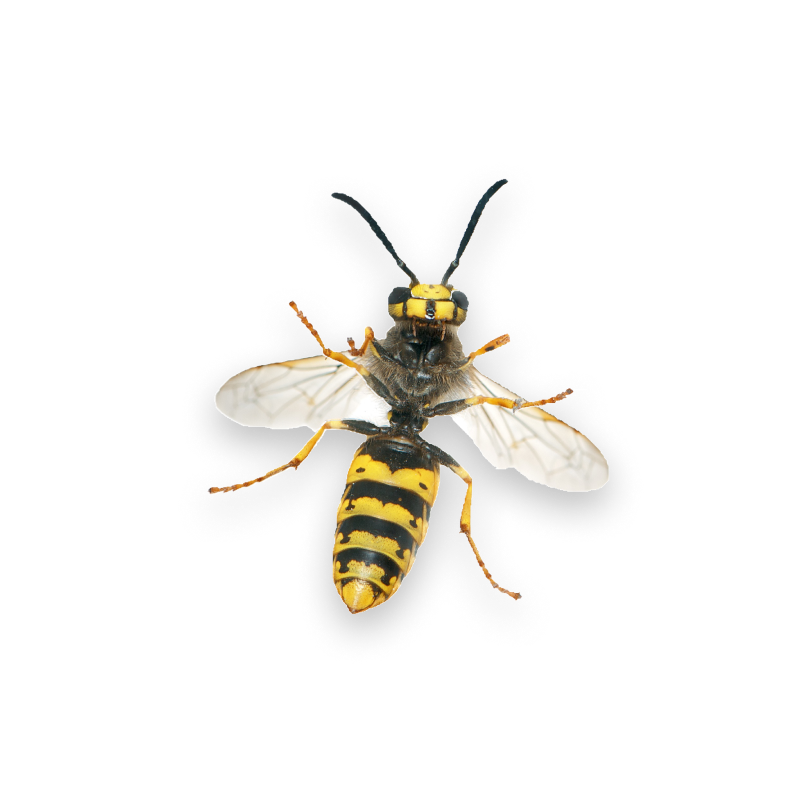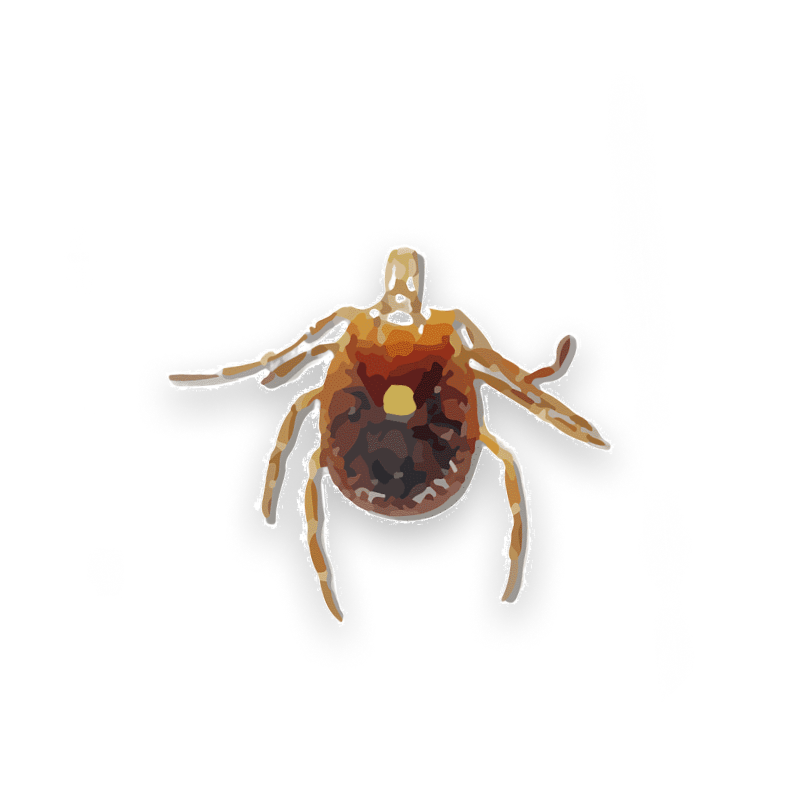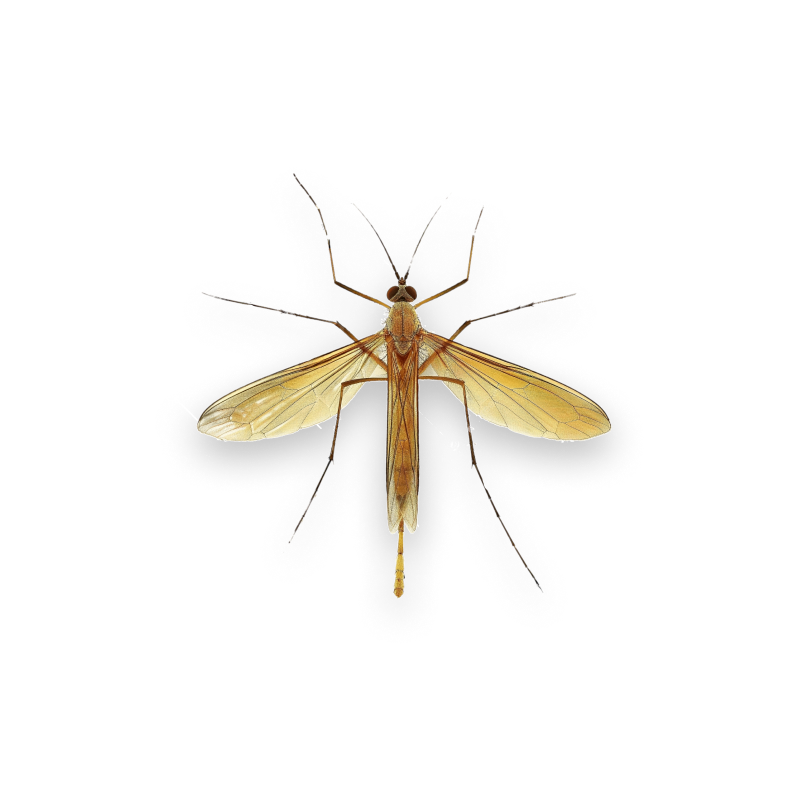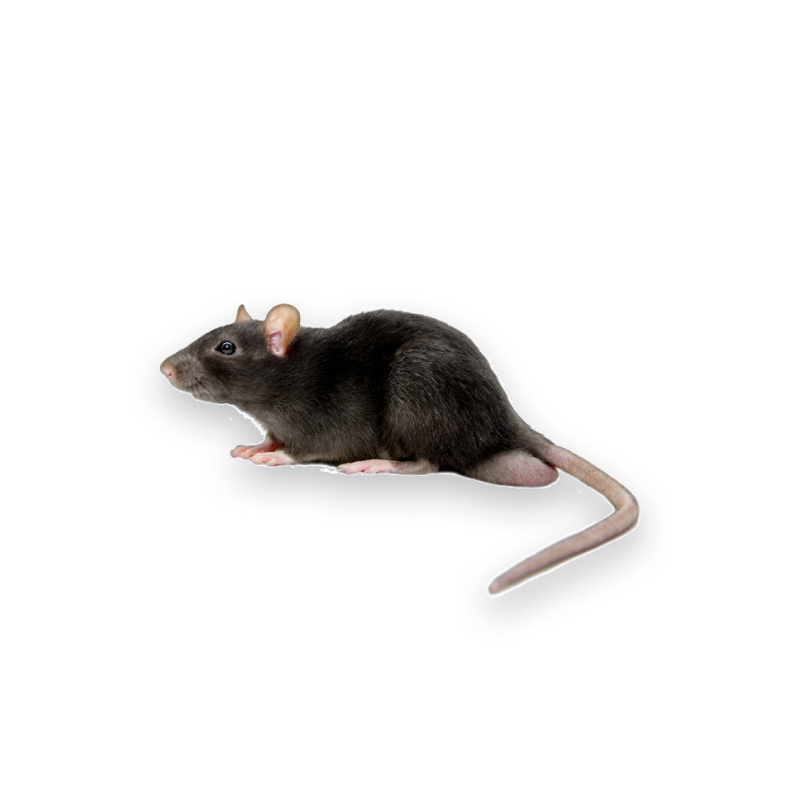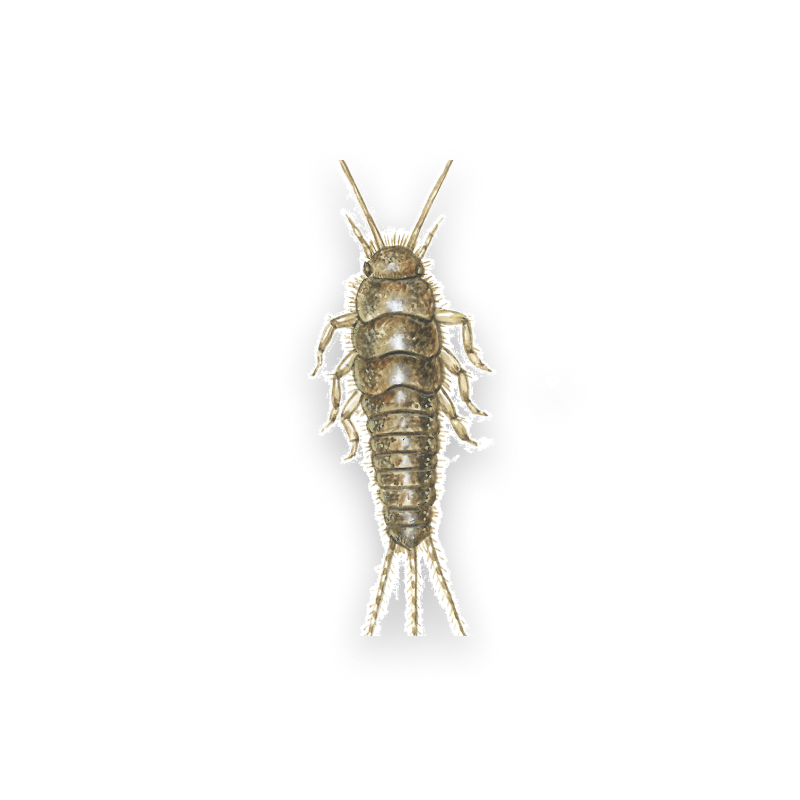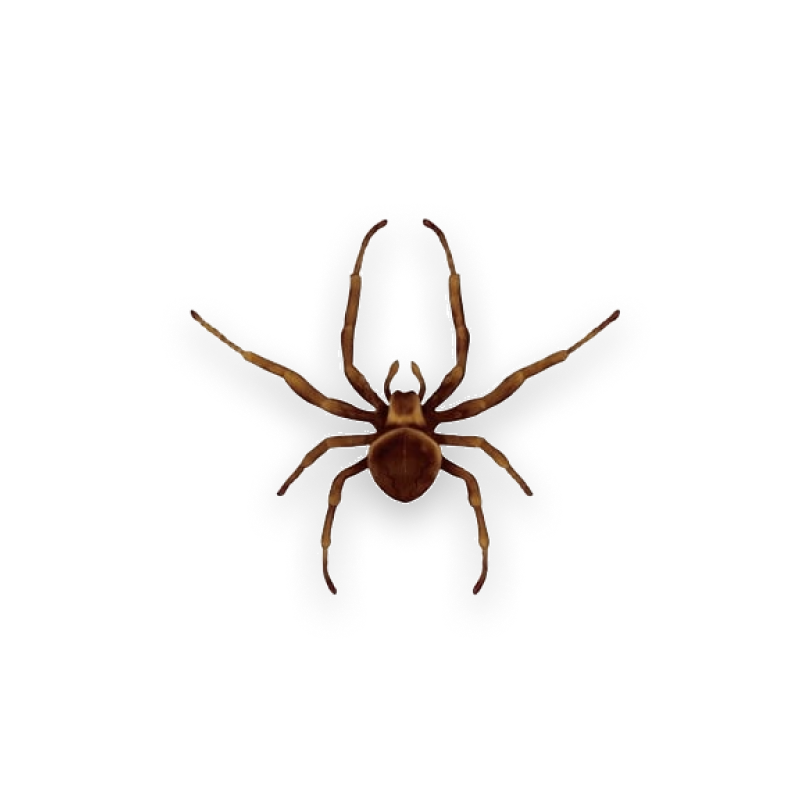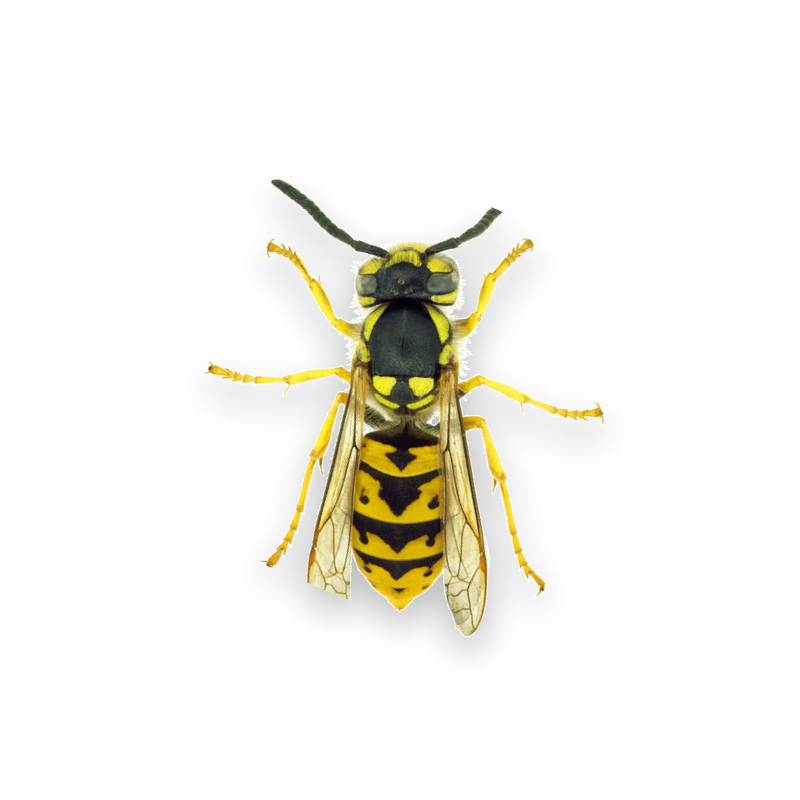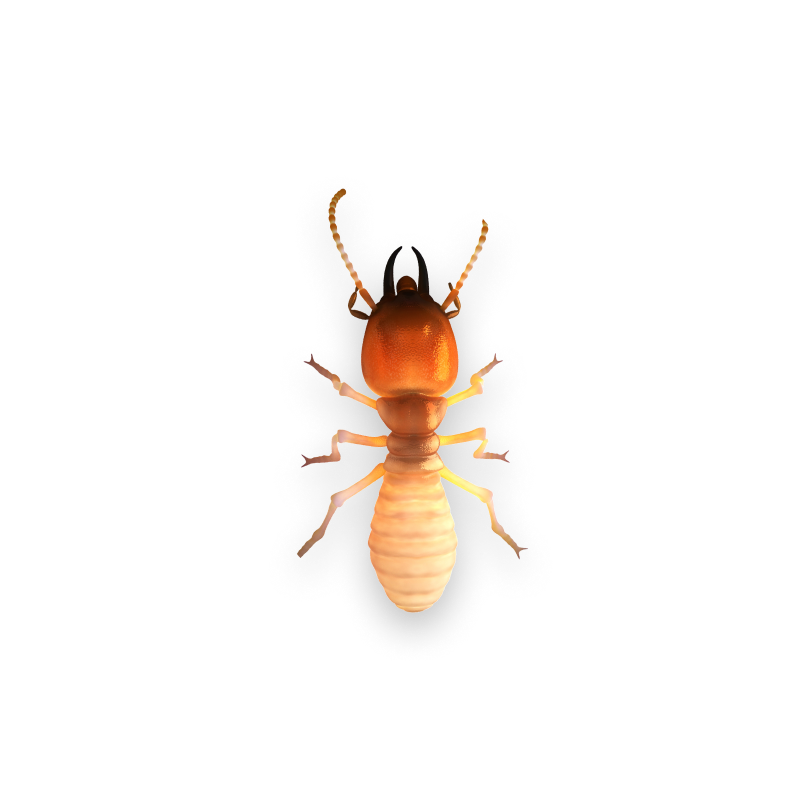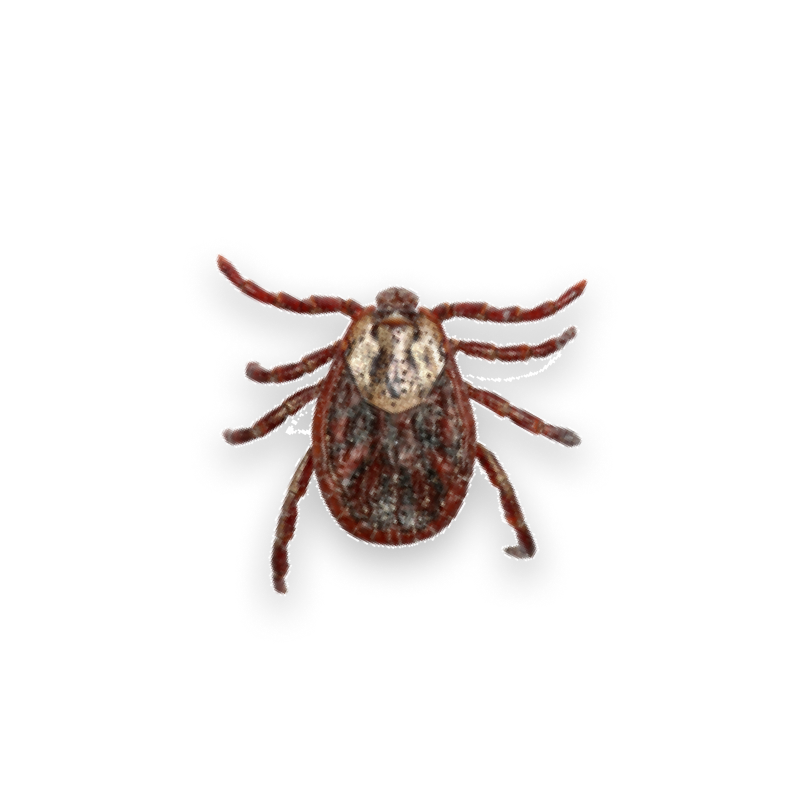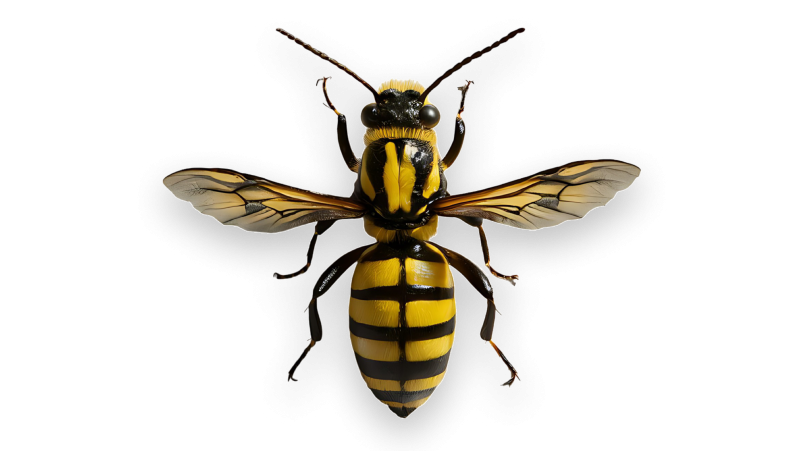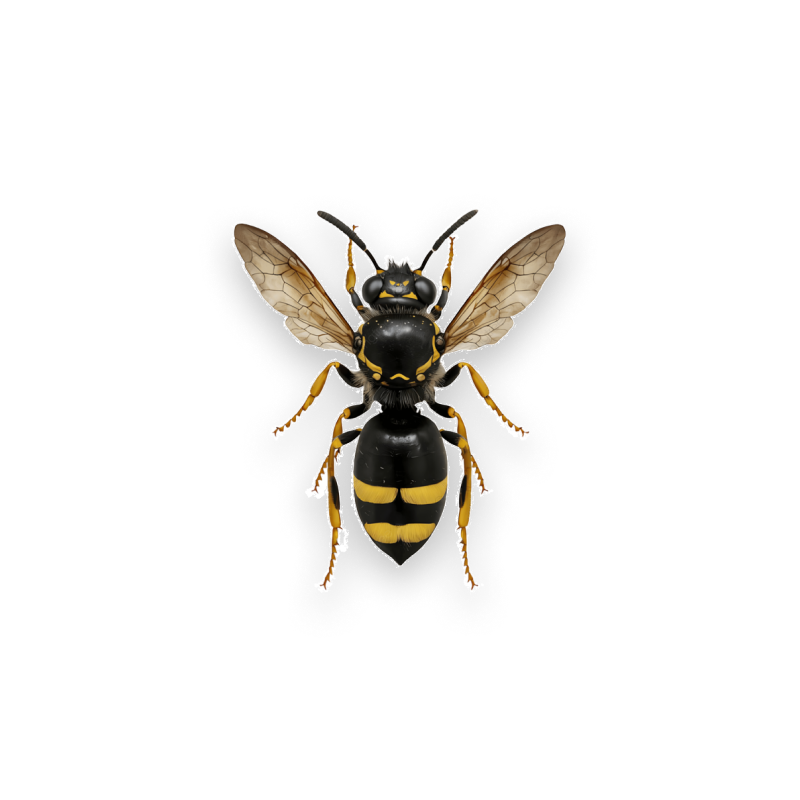Home > Pest Frequently Asked Questions
Pest Frequently Asked Questions
Pests can be a significant problem in homes and yards, often causing damage and posing health risks. They can be found in various places, including kitchens, basements, attics, and gardens.
Impacts of Pest Infestations on Your Home
- Pest infestations cause structural damage to your home, weakening foundations and walls.
- They contaminate your food supplies, leading to potential health risks for your family.
- Pests spread diseases, putting everyone in your household at risk of infections.
- Infestations create unsanitary living conditions, reducing your overall quality of life.
- They can trigger allergies and respiration problems, especially in children and older people.
Explore our FAQ section for more detailed answers to your pest problems.
Every Pest infestation is different, and it only gets worse over time, which is why it’s important to take fast action. We do offer same-day Pest control services, Get Your Estimate or Call us at (888) 706-6384
Pest Control - Frequently Asked Questions
What is pest control?
Pest control involves managing and eliminating pests, insects, rodents, and other unwanted animals from your property and outdoor areas. Professionals use a combination of treatments and strategies tailored to specific pests to prevent infestations. Pest control aims to keep your environment clean, safe, and free from pests that could cause harm or discomfort.
What does pest control do?
Pest control services perform thorough inspections to identify pest issues and implement a treatment plan to eliminate them. Professionals may use chemical treatments, traps, baits, or other techniques to remove pests from your property. After the initial treatment, they provide follow-up services to prevent the pests from returning. Pest control eliminates existing infestations and also creates barriers to stop future invasions.
How long after pest control can I go inside?
After a pest control treatment, you should wait 2-4 hours before re-entering your home. This waiting period allows the chemicals to dry and settle, reducing the risk of exposure. Depending on the type of treatment, your exterminator may provide specific instructions on when it’s safe to return. Following these guidelines ensures you can safely return inside without any health risks.
Is it safe to be in the house after pest control?
It is generally safe to be in the house after pest control, provided you follow the recommended wait time. The chemicals used in pest control treatments are designed to target pests, not humans. However, it’s essential to allow the treatment to dry and the area to ventilate before spending extended time indoors. If you have concerns, particularly with small children, pets, or someone with respiratory issues in the home, ask your pest control professional for advice.
How often should pest control be done?
Regular pest control treatments should be scheduled quarterly to prevent and manage infestations effectively. However, the frequency may vary depending on your specific situation. For example, you might need more frequent treatments if you live in an area prone to certain pests, like termites or roaches. Additionally, if you notice signs of an infestation between scheduled visits, it’s advisable to call a pest control professional for an additional treatment.
